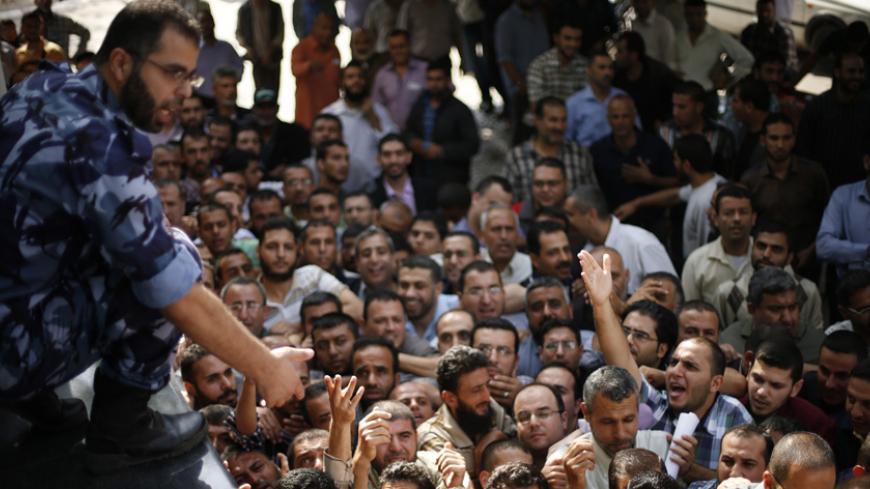The Palestinians knew with certainty that a few days after the Israeli general elections on March 17, the tax funds that Israel froze in January would be released.
How did they know? For the past two decades, the tax revenues collected by Israel under the 1994 Paris Agreement have been used as a political tool to placate the Israeli public. This questionable economic weapon has always proven to be not only ineffective but even detrimental to Israel's security interests. Yet, as far as the decision-makers are concerned, this is a readily available and harmless practice if used in moderation.



